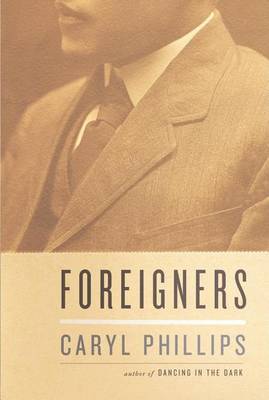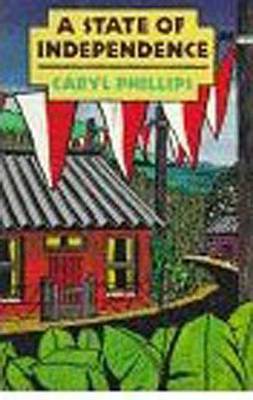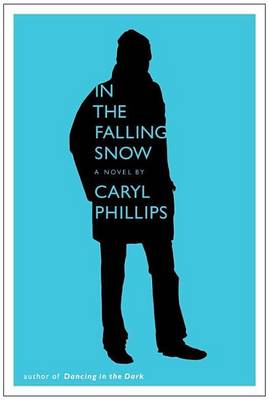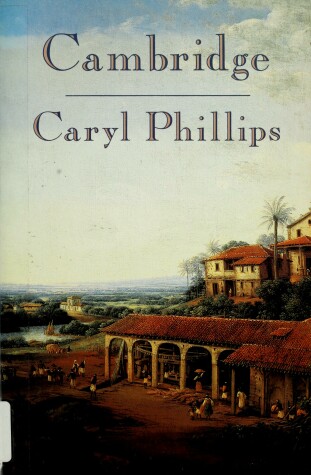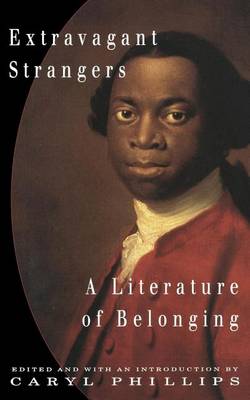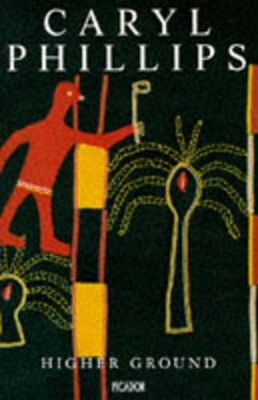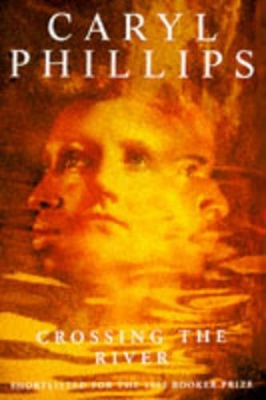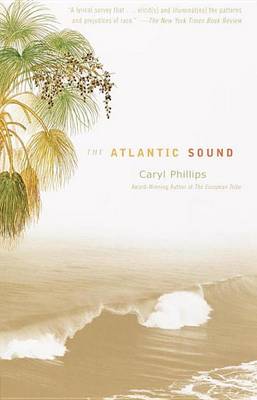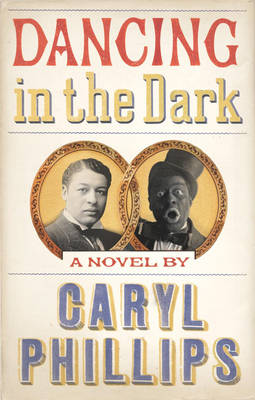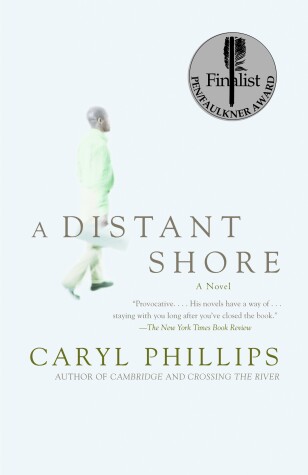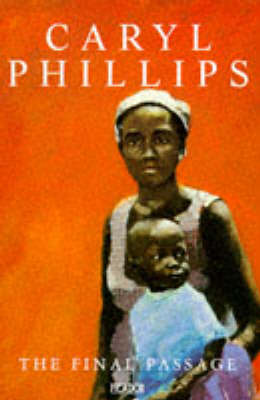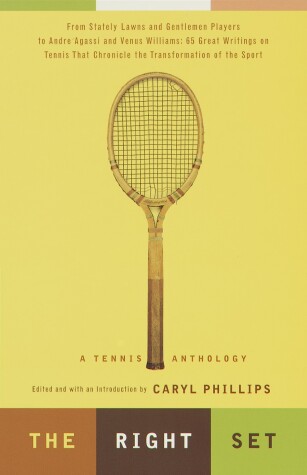Vintage International
15 total works
"An extraordinarily perceptive and intelligent novel, and a haunting one."--New York Times
A brilliant and penetrating story of contemporary Britain, "In the Falling Snow" is Caryl Phillips' finest novel yet.
In a...Read more
In a slave garrison in Africa, a native collaborator betrays his people and humiliates himself in order to win the favor of white men. From an American prison cell in the 1960s, a black convict tries to impart his vision of race and justice to his indifferent family. And in a dreary city in postwar England, a displaced Jewish refugee watches her youth and sanity slip down the drain of history.
Combined and in the skilled hands of Phillips, these narratives take on a devastating power.
After his more flamboyant partner died in 1911 the continued personal humiliations that accompanied his professional success became difficult to bear. In 1921, after a lifetime of being denied top-billing because of his colour, his name was in lights as he headlined in the musical comedy 'Under The Bamboo Tree'. He was leading an entirely white company but he was still trapped in blackface. Dancing in the Dark is an outstanding novel as much about the tragedy of race and identity, and the perils of reinvention, as it is about the life of one remarkable man.
With breathtaking assurance and...Read more
With breathtaking assurance and compassion, Caryl Phillips retraces the paths that lead Dorothy and Solomon to their meeting point: her failed marriage and ruinous obsession with a younger man, the horrors he witnessed as a soldier in his disintegrating native land, and the cruelty he encounters as a stranger in his new one. Intimate and panoramic, measured and shattering, A Distant Shore charts the oceanic expanses that separate people from their homes, their hearts, and their selves.
Since its inception, tennis has embraced traditions more patrician than plebeian. But times--and tennis--have changed. The game once reserved for royalty has moved from...Read more
Since its inception, tennis has embraced traditions more patrician than plebeian. But times--and tennis--have changed. The game once reserved for royalty has moved from estate lawns to the concrete courts of the city. Old guard amateurs have given way to prodigies plastered with corporate logos. And while barriers of gender, race, and class have been shattered, the modern plagues of self-promotion, the paparazzi, and challengers of ever-escalating talent loom large.
In The Right Set, award-winning novelist and editor Caryl Phillips presents a collection of writings on the remarkable evolution of a gentleman's pastime into a sport of jet-set players of athletic and psychological genius. Here are the stories of champions, from the Renshaw twins to "ghetto Cinderella" Venus Williams. Here, too, are volleys between tradition and innovation--debates on everything from etiquette and earnings to André Agassi's rejection of the customary tennis whites. Insightful, informative, wonderfully entertaining, The Right Set is as colorful and surprising as the game itself.
John McPhee on Ashe vs. Graebner
David Higdon on Venus Williams
James Thurber on Helen Wills
Martina Navratilova on Bad Losers
Martin Amis on Smashing the Rackets
and more
